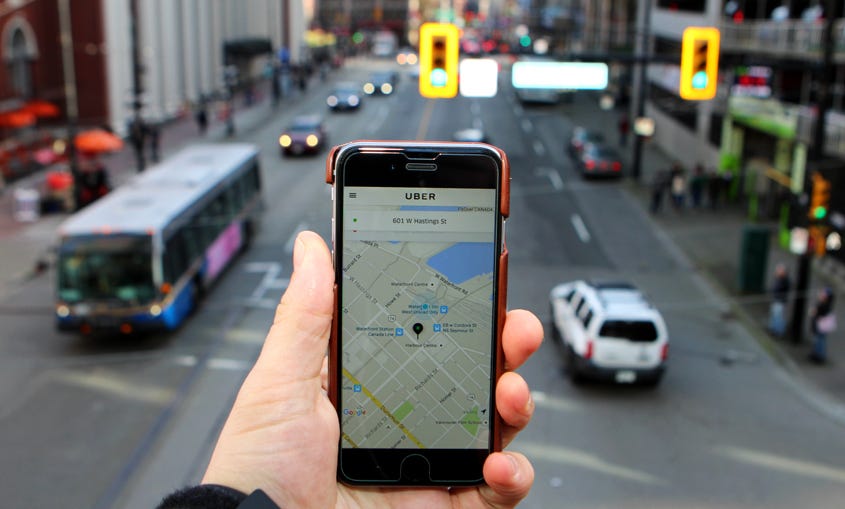Remember the days when hailing a taxi was the norm for getting around the city? Today, urban transportation has evolved, and ridesharing services have taken the front seat. Whether you’re commuting to work, heading to the airport, or exploring a new city, ridesharing offers unparalleled convenience and reliability. In this blog post, we’ll dive into why ridesharing services are outpacing traditional taxis and shaping the future of urban transportation.
The Rise of Ridesharing Services
Convenience at Your Fingertips
With just a few taps on your smartphone, you can summon a ride to your exact location. Ridesharing apps like Uber and Lyft have revolutionized how we think about transportation. No more standing on the curb, frantically waving at passing cabs. Ridesharing services offer the ease of booking a ride from anywhere, at any time.
Cost-Effective Options
Ridesharing services often provide more competitive pricing compared to traditional taxis. With transparent fare estimates and various ride options, from budget-friendly shared rides to premium services, there’s something for every budget. Plus, the ability to split fares with friends or fellow riders adds to the cost savings.
Enhanced Safety Features
Safety is a top priority for ridesharing companies. Features such as real-time GPS tracking, driver background checks, and the ability to share your ride status with friends and family provide peace of mind. Some services even offer additional safety tools, like emergency assistance buttons within the app.
Traditional Taxis: The Old Guard
Reliability Concerns
While traditional taxis have served urban areas for decades, they often fall short in terms of reliability. It’s not uncommon to wait longer than expected for a cab, especially during peak hours. In contrast, ridesharing apps provide estimated arrival times and allow you to track your driver’s progress in real-time.
Limited Payment Options
Traditional taxis typically require cash or card payments, with little flexibility. Ridesharing services, on the other hand, integrate seamlessly with digital wallets, credit cards, and other cashless payment methods, making transactions quick and hassle-free.
Inconsistent Service Quality
The quality of traditional taxi services can be hit or miss. Ridesharing services, however, maintain a higher standard by allowing riders to rate their drivers and provide feedback. This system ensures accountability and encourages drivers to offer the best possible service.
The Future of Urban Transportation
Technological Advancements
Ridesharing services are at the forefront of transportation innovation. From incorporating electric and autonomous vehicles to utilizing data for improved route efficiency, ridesharing companies are constantly evolving. These advancements promise to make urban transportation even more sustainable and efficient in the coming years.
Environmental Impact
With the growing emphasis on sustainability, ridesharing services are making strides to reduce their environmental footprint. Options like electric vehicles and ride-sharing pools contribute to lower emissions and decreased traffic congestion. Choosing a ridesharing service is a step towards greener urban living.
Personalized Travel Experience
Ridesharing apps offer a level of personalization that traditional taxis can’t match. Features like favorite drivers, preferred routes, and tailored ride options enhance the overall travel experience. This focus on customer preferences is why more and more people are turning to ridesharing for their daily transportation needs.
Conclusion
As urban areas continue to expand and evolve, so too does the way we get around. Ridesharing services have proven to be a game-changer in urban transportation, offering convenience, cost savings, safety, and innovation. While traditional taxis still have their place, the future is undeniably leaning towards ridesharing. So next time you need a ride, consider the benefits of ridesharing services and join the movement towards a more efficient and sustainable way to travel.



